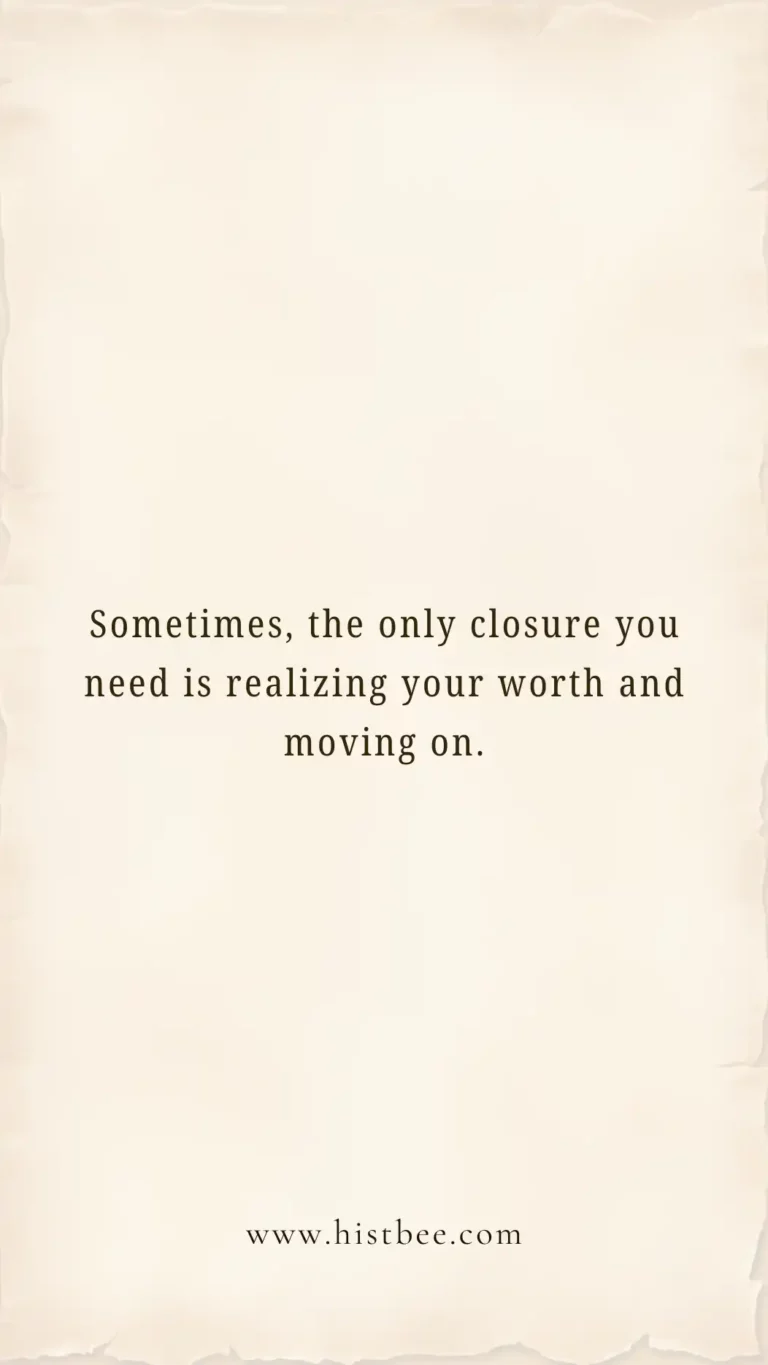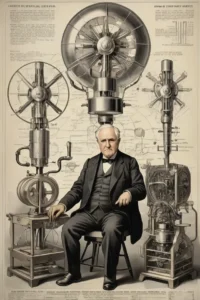Life has a way of throwing us into situations where we seek answers, explanations, or closure to move forward. Whether it’s the end of a relationship, a broken friendship, or the loss of an opportunity, many of us cling to the idea that we need someone else to validate our feelings or provide us with clarity. But what if the only closure you truly need is realizing your worth and choosing to let go?
This powerful realization can be life-changing. It shifts the focus from external validation to internal growth, allowing you to reclaim your power and move forward with confidence. In this article, we’ll explore why closure isn’t always about getting an apology or an explanation, but rather about finding peace within yourself.
What Does Closure Really Mean?
Closure is often defined as the sense of resolution or understanding that helps us move past a difficult situation. For many, it’s tied to external factors—an apology from someone who hurt you, an explanation for why things ended, or even a sense of justice for a wrong done.
But here’s the hard truth: sometimes, the closure you’re waiting for never comes. People may never apologize, explain their actions, or give you the answers you crave. And that’s okay. Because closure isn’t something someone else gives you—it’s something you create for yourself.
Why Realizing Your Worth Is the Ultimate Form of Closure
When you hinge your healing on someone else’s actions, you give away your power. You’re essentially saying, “I can’t move on until you make things right.” But what if you flipped the script? What if you decided that your worth isn’t tied to someone else’s behavior or decisions?
Realizing your worth means understanding that you are valuable, deserving of respect, and capable of thriving without anyone’s validation. It means setting boundaries, prioritizing your well-being, and refusing to let someone’s inability to give you closure define your happiness.
When you recognize your worth, you stop waiting for others to make things right. Instead, you take charge of your healing journey and decide to move forward on your own terms.
How to Move On Without External Closure
Letting go without the closure you think you need can feel daunting at first, but it’s entirely possible. Here are some steps to help you along the way:
1. Acknowledge Your Feelings
It’s okay to feel hurt, angry, or confused. Suppressing your emotions will only prolong the healing process. Allow yourself to process your feelings without judgment.
2. Reframe the Narrative
Instead of focusing on what you’ve lost or what went wrong, shift your perspective to what you’ve gained. Every experience—good or bad—teaches us something valuable about ourselves and life.
3. Practice Self-Compassion
Be kind to yourself during this time. Healing isn’t linear, and it’s okay to have setbacks. Remind yourself that you’re doing the best you can and that it’s enough.
4. Set Boundaries
If someone has hurt you and isn’t willing to take accountability, it’s important to set boundaries to protect your peace. This might mean cutting ties or limiting contact with them.
5. Focus on Self-Growth
Channel your energy into activities that bring you joy and help you grow as a person. Whether it’s pursuing a hobby, learning a new skill, or practicing mindfulness, investing in yourself is a powerful way to heal.
FAQs: Finding Closure Within Yourself
Q: Can I still forgive someone even if they don’t apologize?
A: Absolutely. Forgiveness isn’t about excusing someone’s behavior—it’s about freeing yourself from the burden of resentment. You can choose to forgive for your own peace of mind, even if the other person never acknowledges their wrongdoing.
Q: How do I stop obsessing over “what could have been”?
A: It’s natural to wonder about alternate outcomes, but dwelling on “what ifs” keeps you stuck in the past. Practice mindfulness to stay present and remind yourself that the future holds new opportunities for happiness and growth.
Q: What if I feel stuck and can’t move on?
A: Healing takes time, and it’s okay to feel stuck at times. Consider seeking support from a therapist or counselor who can help you work through your emotions and develop strategies for moving forward.
Q: Does moving on mean forgetting what happened?
A: Not at all. Moving on doesn’t mean erasing the past—it means accepting it and choosing not to let it control your present or future.
Final Thoughts
Sometimes, the only closure you need is realizing your worth and moving on. It’s not easy, but it’s empowering. When you stop waiting for others to give you what they may never provide and instead focus on your own healing and growth, you reclaim your power and open yourself up to a brighter future.
Remember: You are enough just as you are. You don’t need anyone else’s permission or validation to move forward—you have everything you need within yourself. So take a deep breath, let go of what no longer serves you, and step boldly into the next chapter of your life.





